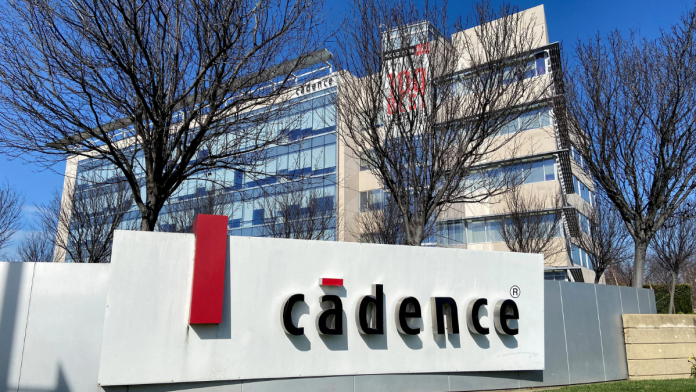In a high-stakes legal development, U.S.-based technology company Cadence Design Systems has admitted to breaking export control laws by selling sensitive chip design tools to a Chinese military-linked university. The company has agreed to plead guilty and pay more than US$140 million to settle charges brought by the U.S. Department of Justice and Commerce Department. The university involved, China’s National University of Defence Technology (NUDT), is believed to be engaged in nuclear weapons research through its advanced supercomputing capabilities.
Cadence Admits to Violating U.S. Export Laws
Cadence Design Systems, headquartered in San Jose, California, is a major player in the global chip design software industry. Its tools are used by leading semiconductor firms like Nvidia and Qualcomm. However, between 2015 and 2020, the company violated U.S. laws by exporting these tools to front companies representing NUDT, despite knowing the university was on a U.S. trade blacklist.
NUDT has been under U.S. trade restrictions since 2015. It is known for operating Tianhe-2, a powerful supercomputer previously ranked the fastest in the world. U.S. authorities believe NUDT uses its supercomputers for simulating nuclear explosions and conducting other military research — making any sales to the university a serious breach of national security protocols.
💣 Tariffs could skyrocket past 100% if US-China talks fail in Stockholm – the world holds its breath
Cadence is accused of working through intermediaries like Central South CAD Centre (CSCC), which was later identified as an alias for NUDT. Despite this, certain employees at Cadence China, the company’s Chinese subsidiary, facilitated the transactions. These employees were allegedly aware of the link between CSCC and NUDT but continued doing business with them anyway.
Secret Sales to Restricted Chinese Entities
Court records show that Cadence and Cadence China shipped electronic design automation (EDA) software to CSCC at least 56 times between 2015 and 2020. These tools are essential for designing and verifying computer chips — technology considered sensitive and tightly controlled under U.S. export laws.
In addition, Cadence also transferred chip design tools to Phytium Technology, a Chinese semiconductor company with strong ties to NUDT. These transfers occurred until 2021, again without proper licenses from the U.S. government.
The U.S. Commerce Department had already listed NUDT and its various aliases — including Hunan Guofang Keji University, CSCC, and others — on its Entity List, which bars American companies from exporting products to them without special permission. These permissions are rarely granted due to national security risks.
The investigation into Cadence’s activities began in February 2021, when the company received a subpoena from the Commerce Department seeking documents related to Chinese customers. A second subpoena followed in November 2023 from the Justice Department, focusing specifically on sales involving NUDT and Phytium.
US$140 Million Settlement and Guilty Plea
Cadence has agreed to plead guilty to one count of conspiracy to violate U.S. export control laws. As part of the settlement, the company will pay over US$140 million, covering criminal penalties, civil fines, and asset forfeiture. In addition, Cadence will be placed on three years of probation, during which it must not commit further violations and must meet all conditions of the plea deal.
💻 Bitcoin didn’t hide the truth—China tracks down $20M embezzlement in digital heist
In a regulatory filing with the U.S. Securities and Exchange Commission (SEC), Cadence said it was “pleased” to have reached a resolution with both the Justice and Commerce Departments. The company has not denied the charges and has accepted full responsibility as part of the agreement.
Despite the serious allegations, Cadence’s stock price rose by 6.5% following the announcement, which came alongside the release of its quarterly earnings. Investors appeared to welcome the company’s willingness to resolve the matter swiftly.
Much of the illegal activity took place while Tan Lip-bu was at the helm of Cadence. Tan served as CEO from 2008 to December 2021, and later as executive chairman until May 2023. He became CEO of Intel in March 2024. A spokesman for Tan did not respond to requests for comment regarding his role during the years of the illegal sales.
In 2023, China accounted for 17% of Cadence’s total revenue. That share dropped to 12% last year, reflecting growing regulatory pressure and heightened U.S.-China tensions over technology and trade.
The case underlines the consequences of breaching U.S. export laws and highlights how strategic technologies are closely monitored when national security is at stake.


